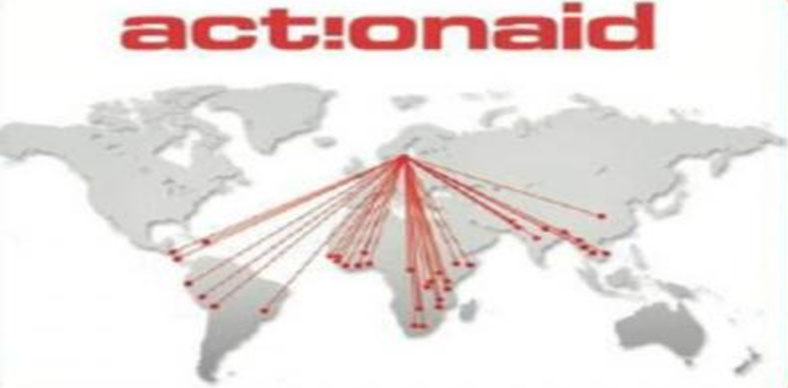ActionAid Nigeria’s General Assembly has issued a scathing critique of the Federal Government’s performance, highlighting the stark disconnect between official pronouncements and the lived realities of Nigerian citizens. While acknowledging some positive steps taken by the Tinubu administration, such as the Tax Reform Act, improved GDP figures, and the declaration of a state of emergency on food security, the Assembly contends that these measures have failed to translate into tangible improvements for the average Nigerian. The Assembly’s concerns revolve around the deepening insecurity, escalating hunger, and unsustainable public debt that continue to plague the nation, despite the government’s “Renewed Hope” agenda.
The Assembly’s primary grievance lies in the worsening security situation across the country. They point to escalating farmer-herder conflicts, unchecked military airstrikes impacting civilian populations, and the suppression of peaceful protests as evidence of a failing security architecture. They demand urgent reforms to address these issues and restore public confidence in the government’s ability to protect its citizens. The ongoing violence, particularly in the North Central zone, contributes to rising food prices, exacerbating the already dire hunger crisis. This, coupled with the government’s continuous borrowing, paints a bleak picture of the nation’s economic future.
Despite the declaration of a state of emergency on food security, the Assembly observes a lack of concrete action to address the root causes of the crisis. They criticize the absence of significant changes in plans, budgets, or actions within the agricultural sector, suggesting a lack of genuine commitment to alleviating hunger. The Assembly argues that the government’s symbolic gestures and pronouncements have not been matched by practical measures that would meaningfully improve the lives of ordinary Nigerians struggling with food insecurity.
Further fueling the Assembly’s concerns is the government’s fiscal policy, particularly its borrowing practices and debt management. They condemn what they describe as reckless borrowing and a lack of transparency surrounding the nation’s debt. The Assembly calls for an immediate halt to unsustainable borrowing, urging the government to prioritize sustainable revenue generation at the local level. They also demand greater transparency in debt management, advocating for regular debt audits and public disclosures to ensure accountability and prevent the nation from spiraling into a deeper economic crisis. This lack of transparency extends to other areas, such as the $1.5 billion Port Harcourt refinery project, where the Assembly demands full disclosure of the project’s cost and scope, particularly given its brief operational period before being shut down for “planned maintenance.”
Environmental concerns also feature prominently in the Assembly’s critique. They accuse the government of failing to heed early warnings from the Nigerian Meteorological Agency regarding impending disasters and neglecting investments in climate adaptation measures. This negligence, they argue, contributes to avoidable disasters and exacerbates the suffering of vulnerable populations. The Assembly demands stricter enforcement of safety regulations and full disclosure of relief funds received by states affected by floods, such as Niger, Plateau, and Benue, to ensure that aid reaches those who need it most.
In essence, ActionAid Nigeria’s General Assembly accuses the Federal Government of prioritizing symbolic gestures and pronouncements over concrete actions to address the pressing challenges facing the nation. They highlight the disconnect between the government’s rhetoric and the lived experiences of Nigerians, particularly concerning security, hunger, debt management, and environmental protection. The Assembly’s demands for urgent reforms, increased transparency, and a shift in priorities underscore their deep concern about the current state of the nation and the need for genuine action to alleviate the suffering of its citizens. They advocate for a more proactive and accountable approach to governance, one that prioritizes the well-being of the people over political expediency.


